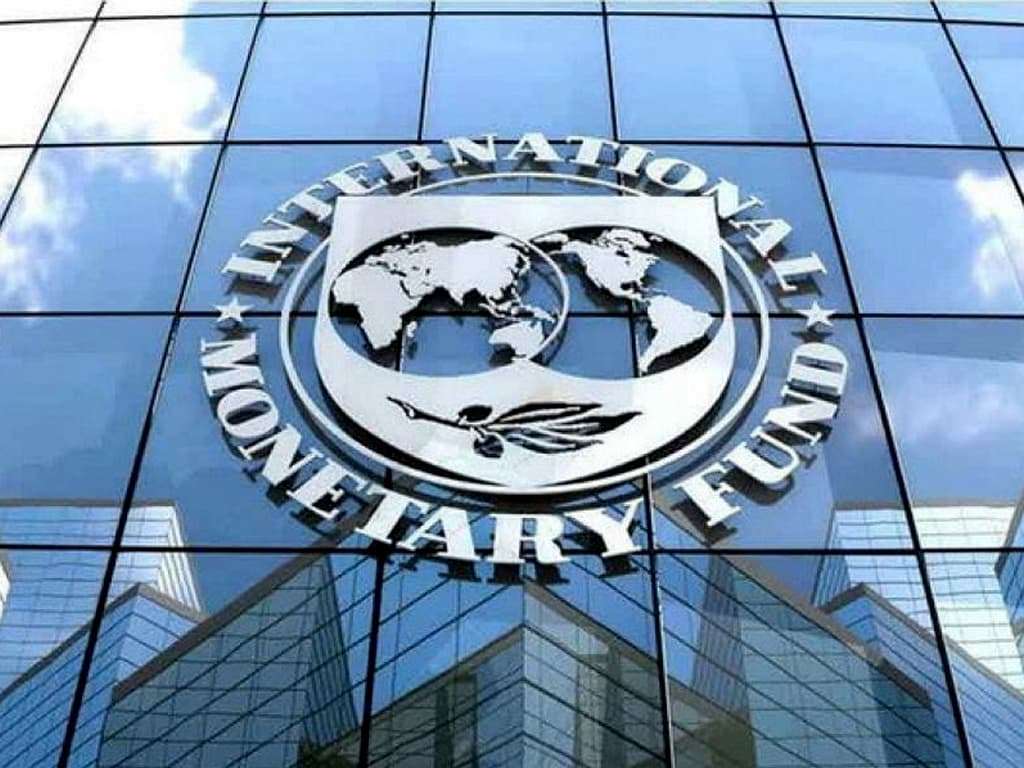Ghana is facing a tough challenge: too much debt. It’s not just a problem for the government; it affects everyone, from families struggling to make ends meet to businesses trying to grow.
In the face of such challenges, the country must approach debt restructuring with utmost caution and foresight. The traditional approach of seeking bailouts and accumulating more debt to service existing obligations is no longer tenable.
Instead, a paradigm shift is needed — one that prioritizes sustainability, transparency, and long-term viability.
First and foremost, the country must comprehensively assess its debt sustainability. This entails a thorough analysis of debt levels, repayment obligations, and fiscal capacity. Only by gaining a clear understanding of the country’s financial position can policymakers formulate effective restructuring plans tailored to specific circumstances.
Moreover, debt restructuring should not be viewed as a mere exercise in fiscal maneuvering but rather as an opportunity to implement structural reforms that foster economic resilience and inclusive growth.
This may involve addressing underlying issues such as corruption, inefficient governance structures, and overreliance on volatile revenue sources. By tackling these root causes, the country can lay the groundwork for a more robust and sustainable economic future.
This by extension is to other African countries with similar debt distress.
The Executive Director of the International Development Economics Associates (IDEAs), Charles Abugre, urged African countries facing debt crises to come together in their debt restructuring negotiations.
He said debt negotiations were about power relations and the continent was, therefore, better off coming together as one bloc in that endeavor.
“Our current crop of creditors, especially the commercial ones, are organized as cartels. Shouldn’t African/developing countries be similarly organized?” he quizzed at the opening of the three-day conference on the African Debt Crisis and International Financial Architecture in Accra.

According to data released by the International Monetary Fund (IMF) in 2023, ten countries were facing significant debt problems, with nine of them located in Africa. The report also highlighted that more than half of the low-income African nations were either facing potential or actual challenges in repaying their debts.
As a consequence of this debt crisis, some African countries, including Ghana, have been shut out from accessing international capital markets.
Countries like Ghana, Ethiopia, Zambia, and Chad applied for debt restructuring under the Common Framework.
Ghana’s Debt Crisis, Lessons Unlearned
Regarding Ghana, Charles Abugre said, “This is barely 20 years since the Multilateral Debt Relief program came to an end. This country is perhaps among the worst of them, having defaulted on its external debt, cut out of the capital markets and now finds itself in the middle of one of the most austere debt restructuring programs ever seen on the continent.”
“But how did Ghana, Zambia, and all others come to this, and why did they not sustain the low debt levels after the debt restructuring of the late 90s and early 2000?”
Charles Abugre
He said, “If you ask ordinary Ghanaians how the country came to be so broke, unable to pay its loans, the answer is resoundingly one thing – corruption.”
Mr Abugre mentioned that this feeling was widespread throughout the continent. He added that the significance of effective political and bureaucratic leadership should not be underestimated under any circumstances.
During his keynote speech, Professor Adebayo Olukoshi, a research professor at the Wits School of Governance at the University of the Witwatersrand, pointed out that the continent has been drawn into the current debt crisis by what he described as investors seeking high yields.
He explained that these investors were contributing to an increase in loans, which were either used directly for consumption or intended for development but redirected towards recurring expenses. This trend, he warned, was leaving citizens vulnerable to the consequences.
READ ALSO: Support For Ukraine Vital For NATO Security





















